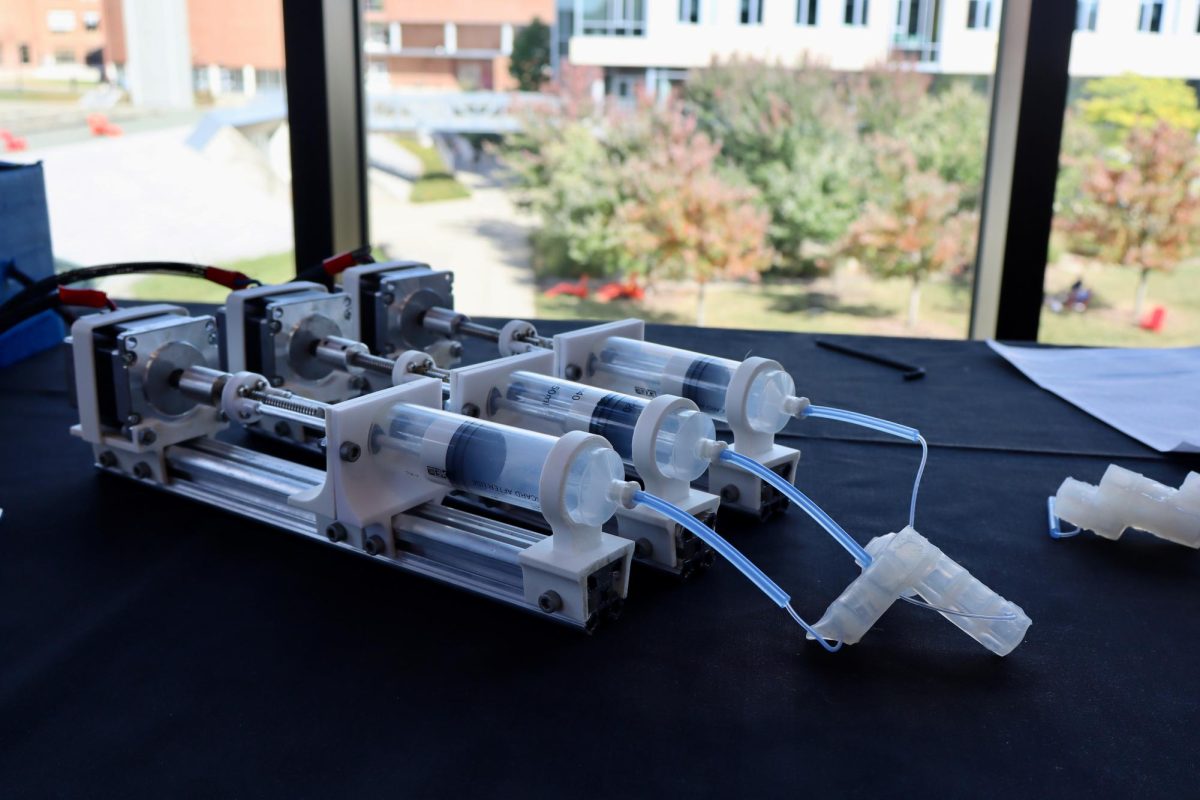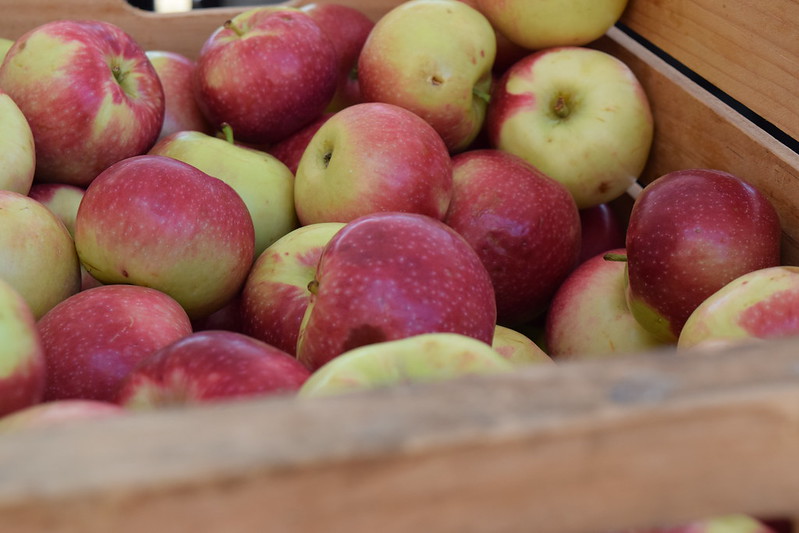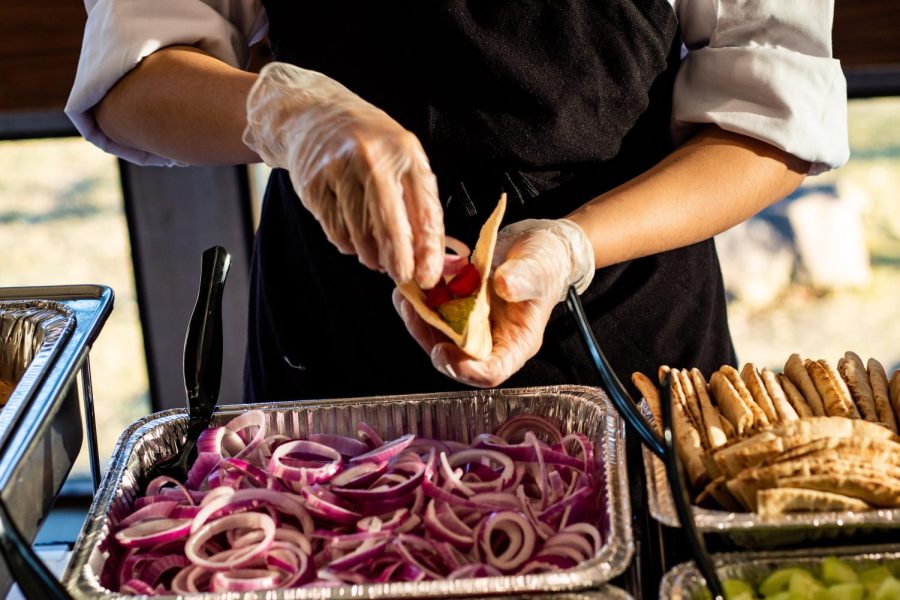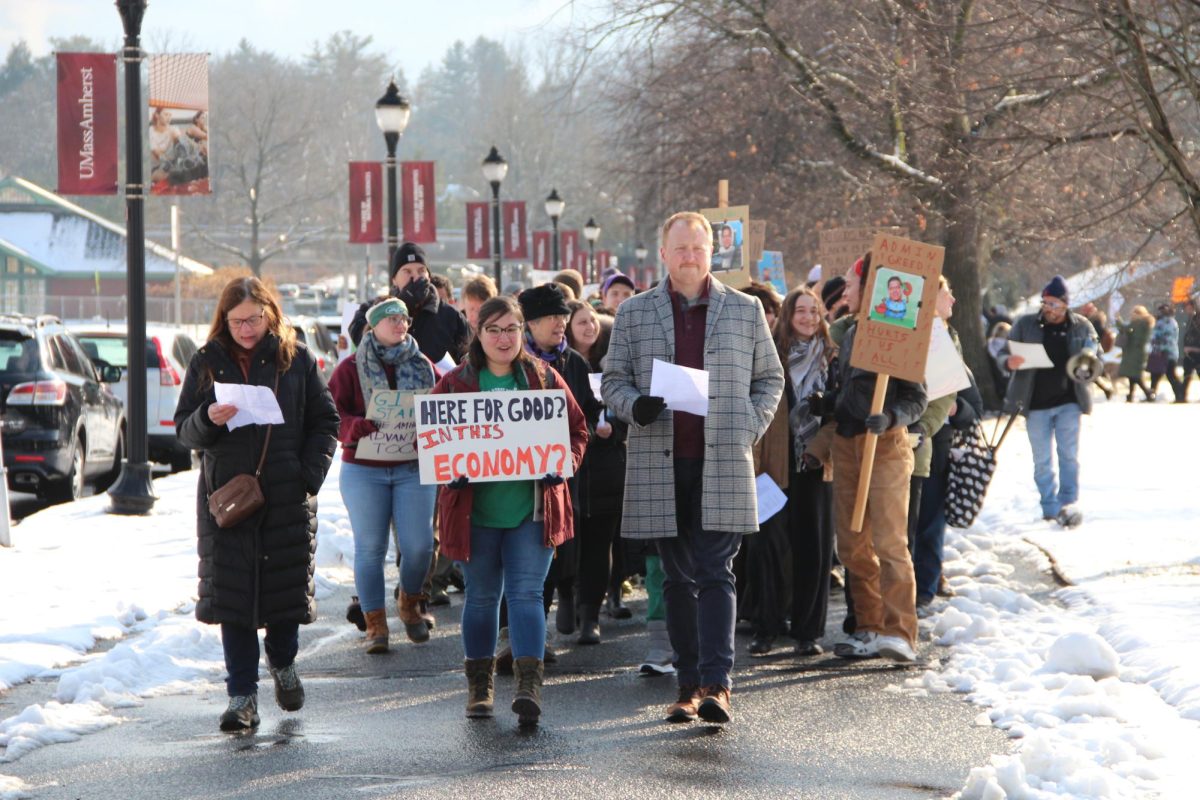
A faster way to detect pesticide residue was discovered by University of Massachusetts Honors graduate Wisiani Wijaya. She won first place at the Institute of Food Technologists Student Association’s (IFTSA) undergraduate research competition in July.
What once took hours only takes about 15 minutes with Wijaya’s new method, and it is being tested at UMass laboratories.
Her winning research is officially titled “Rapid Detection of Acetamiprid in Foods using Surface-Enhanced Raman Spectroscopy (SERS).” According to Wijaya, acetamiprid is a type of pesticide and SERS is a combination of Raman spectroscopy and nanotechnology. Wijaya said that the nanotechnology allows more detection sensitivity than regular Raman spectroscopy.
“So basically the goal of my project is to develop a SERS-based method that is rapid, simple and sensitive, to detect acetamiprid in foods,” she said.
Although there is skepticism about the necessity of pesticide, Wijaya believes that without it, there wouldn’t be enough surviving food growth to sufficiently feed Americans. Pesticide can be dangerous, but it also wards off harmful insects that could infect and kill plants.
Wijaya, 21, was already in the middle of research when her professor, Dr. Lili He, encouraged her to compete at IFTSA. Uneasy about having a deadline, Wijaya hesitated on the decision. Would she have enough time to complete her research?
Despite her qualms, she took the plunge, and completed her research in about a year. She said that the process was frustrating at times, involving a lot of trial and error. But when she finally made her discovery, she realized it was worth it.
“The best feeling is when you figure it out,” she said.
As one of six finalists, Wijaya attended an IFTSA conference and gave an oral and poster presentation.
“It was a whole new experience for me because I’ve never presented in a conference before and it’s obviously challenging, but it’s a very rewarding experience as well,” she said.
Wijaya, originally from Jakarta, Indonesia, came to the United States four years ago to study at Santa Monica College in California. After a year, she transferred to UMass for its highly ranked food science program, and enjoyed all of her classes. Wijaya particularly liked her survey of food science class where she got to make yogurt. She also got to make caviar using molecular gastronomy.
“It was a good introduction into food science,” she said.
Wijaya’s interest in food science dates back to her childhood when she used to go grocery shopping with her mother.
“When I was little, I had a lot of questions about the food,” she said.
Wijaya wondered why milk had to be refrigerated or why chips got soggy when they were left out. Studying food science satisfied that curiosity, and now her mission is to keep people safe.
“Food safety directly impacts our health and productivity,” she said. “Imagine if you don’t have safe food. … People get sick and it brings down our country’s development too.”
Wijaya currently works as a quality assurance technician for CSM Bakery Products North America, monitoring the safety and quality of food products.
“I hope I can be a part of making a difference,” she said.
Mary Reines can be reached at [email protected].
Correction: In the original version of this story, The Collegian misreported that Wisiani Wijaya’s new method is being tested at CSM Bakery Products North America. The method is not being tested at CSM Bakery Products North America.


















